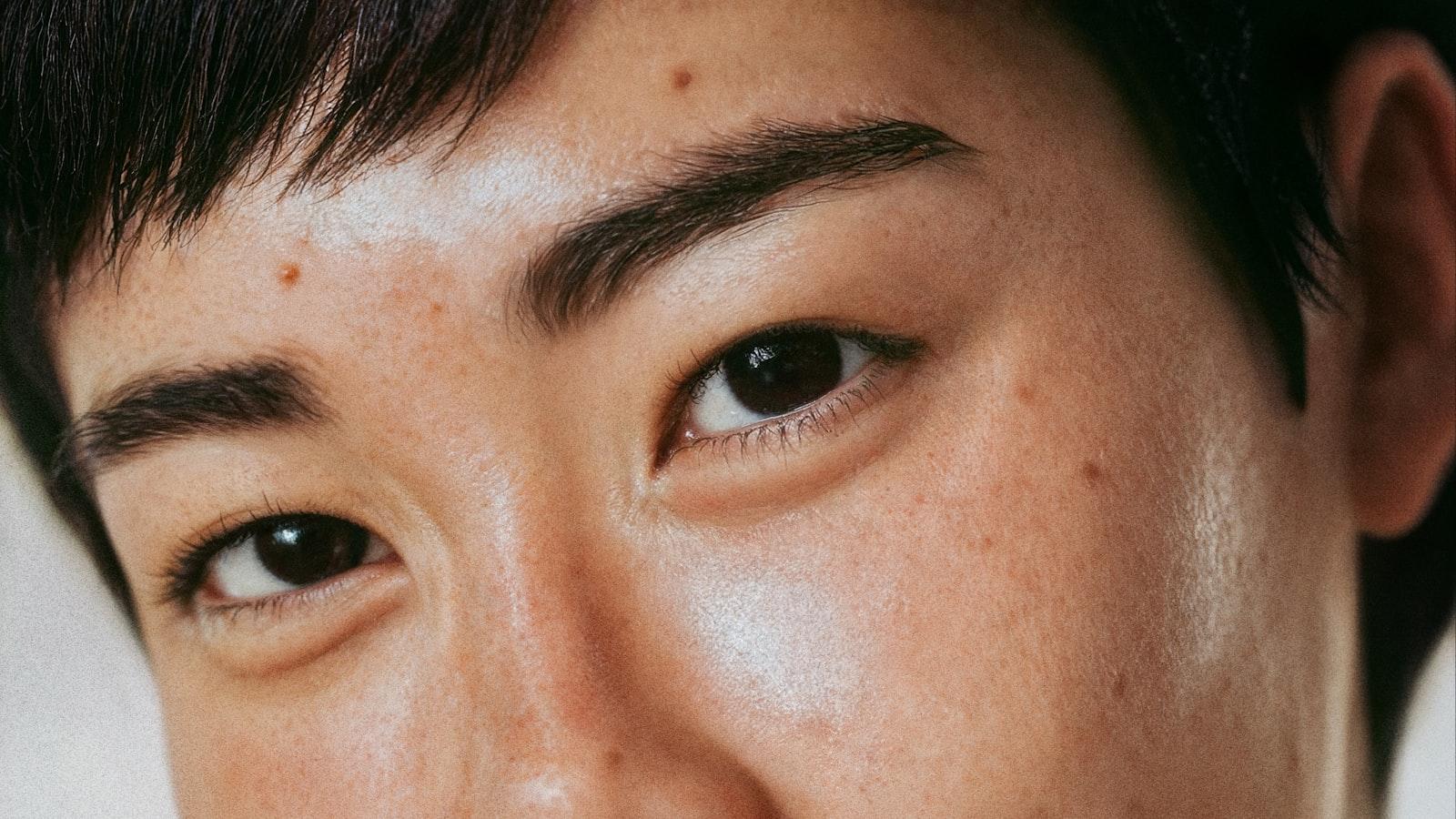In a controversial statement that has sparked outrage and debate within the entertainment industry, actor Jeremy Harewood has expressed his belief that actors should be permitted to use blackface as a form of artistic expression. This contentious topic raises questions about the boundaries of creative freedom and cultural sensitivity in the realm of performance art.
Why Harewood’s Remarks on Blackface in Acting are Controversial
David Harewood, a well-known actor, has sparked controversy with his comments on the use of blackface in acting. Harewood believes that actors should be allowed to use blackface in certain circumstances, arguing that it is a legitimate artistic choice that should not be restricted.
Some of the reasons why Harewood’s remarks are controversial include:
- Blackface has a long history of being used to dehumanize and belittle black people.
- Blackface perpetuates harmful stereotypes and reinforces systemic racism.
- Allowing actors to use blackface can undermine the progress that has been made in promoting diversity and inclusion in the entertainment industry.

Examining the Racial Implications of Blackface in Theater
In a recent interview, actor Harewood sparked controversy by suggesting that actors should have the freedom to use blackface in their performances. While some may argue that this is a form of artistic expression and should be protected under freedom of speech, others believe that blackface perpetuates harmful stereotypes and is deeply offensive to the Black community.
It is important to consider the historical context of blackface in theater, where it was used as a tool to dehumanize and mock Black people. Additionally, blackface performances often relied on racist caricatures and exaggerated features, reinforcing negative stereotypes. As we continue to strive for inclusivity and diversity in the entertainment industry, it is crucial to examine the racial implications of blackface and work towards creating a more inclusive and respectful environment for all performers.

The Importance of Cultural Sensitivity and Respect in Acting
In the world of acting, it is crucial to understand and respect different cultures and their traditions. Cultural sensitivity is essential for actors to accurately portray characters from various backgrounds without perpetuating harmful stereotypes. It is important for actors to approach each role with respect and empathy towards the culture they are representing. By doing so, actors can help promote understanding and diversity on the screen.
Blackface, however, is a controversial and outdated practice that has a long history of causing harm and perpetuating racist stereotypes. Allowing actors to use blackface not only disregards the importance of cultural sensitivity but also undermines the progress that has been made towards promoting inclusivity and equality in the entertainment industry. It is essential for actors to find alternative ways to authentically portray characters of different backgrounds without resorting to harmful practices like blackface.

Promoting Diversity and Inclusivity in the Entertainment Industry through Thoughtful Casting Choices
David Harewood, a prominent actor in the entertainment industry, sparked controversy when he advocated for actors to have the freedom to use blackface as part of their performances. While blackface has a sordid history of racism and minstrelsy, Harewood argued that actors should not be restricted in their artistic choices. He believes that allowing actors to portray characters of different races can lead to more diverse and inclusive storytelling.
However, this stance has received backlash from many who argue that blackface is a harmful and offensive practice that perpetuates harmful stereotypes. Critics emphasize the importance of that respect the experiences and identities of marginalized communities. While artistic freedom is essential, it should not come at the expense of perpetuating harmful practices that have historically marginalized minority groups.
Key Takeaways
In conclusion, the debate over whether actors should be allowed to use blackface continues to be a contentious issue in the world of entertainment. While some argue that it is a form of artistic expression and should be permitted under certain circumstances, others maintain that it is never acceptable due to its deeply racist connotations. As we navigate this complex terrain, it is important to consider the perspectives of all those involved and to engage in thoughtful discussions about the impact of such actions. Ultimately, the decision rests on society’s willingness to confront and challenge longstanding prejudices in order to create a more inclusive and equitable future for all.



